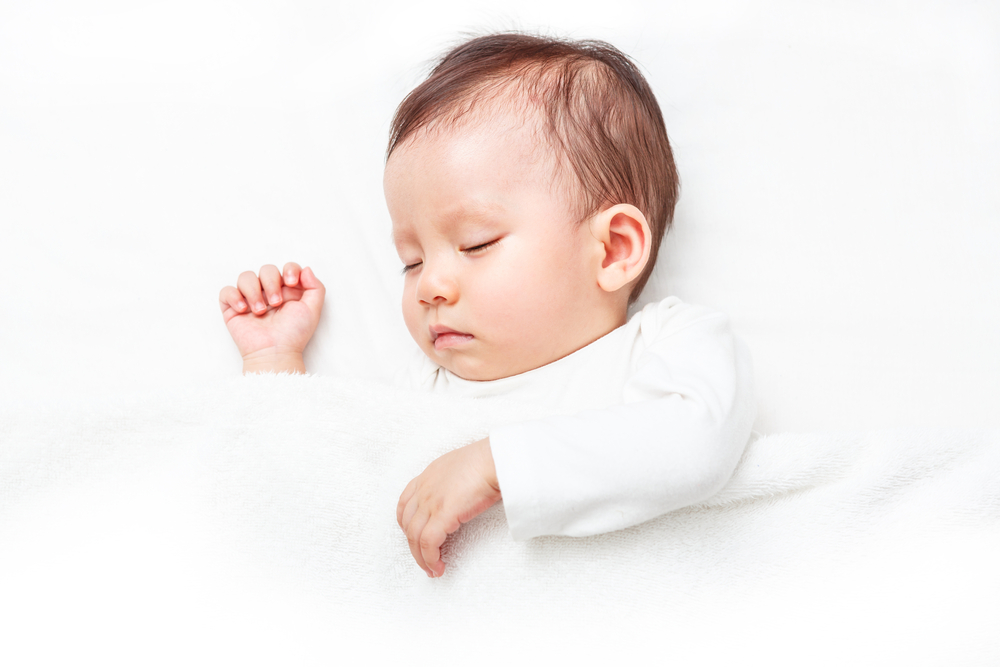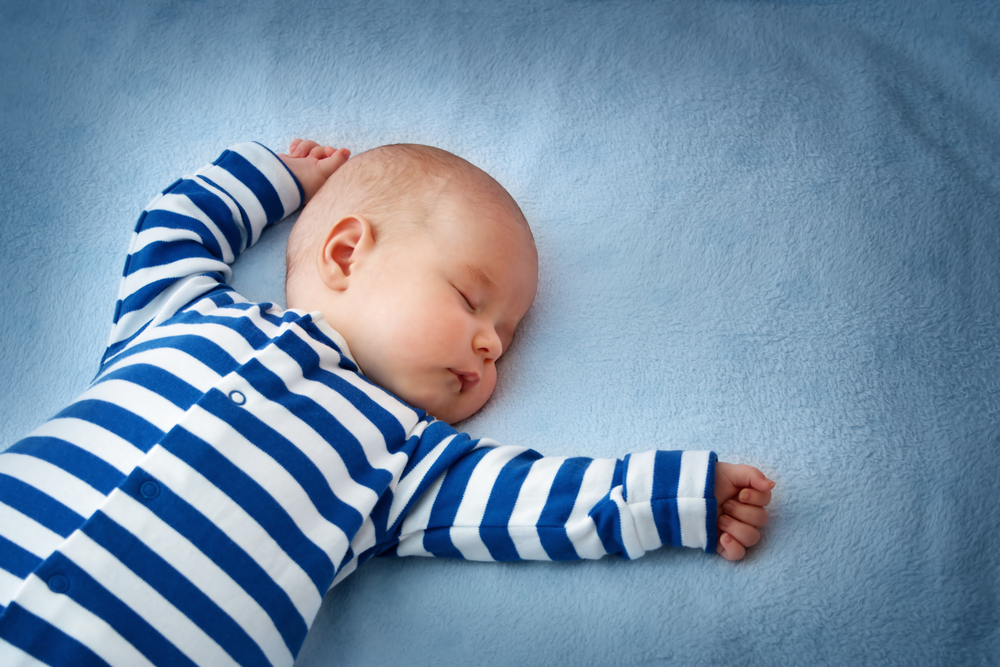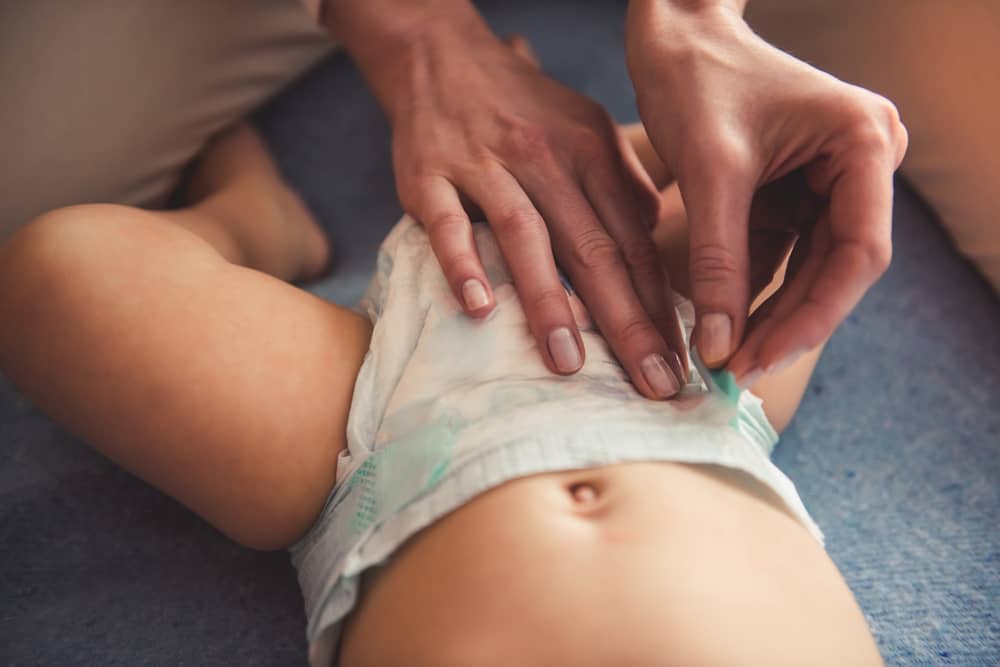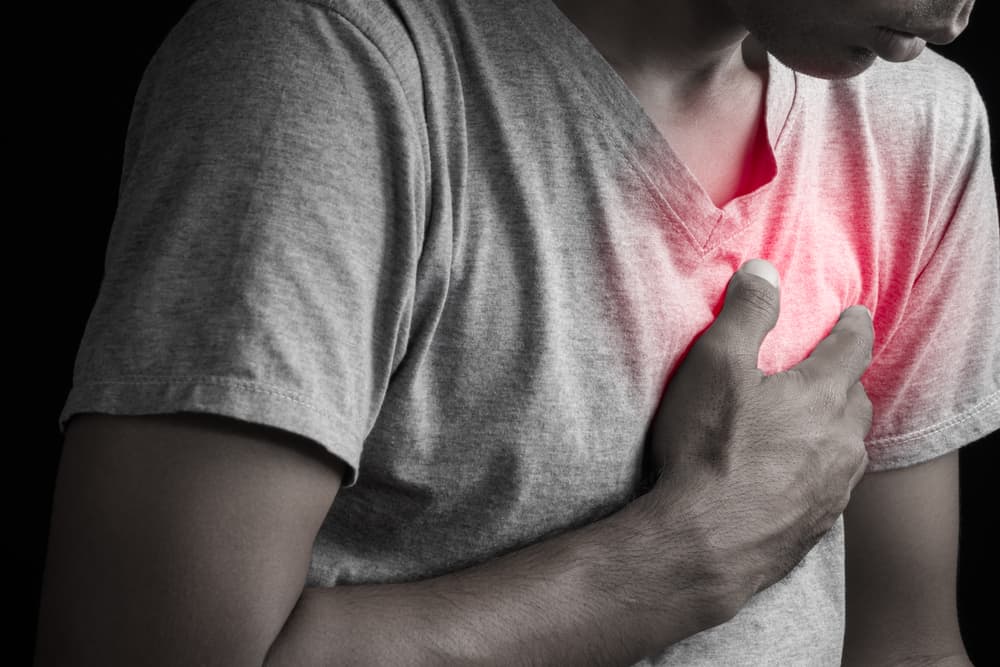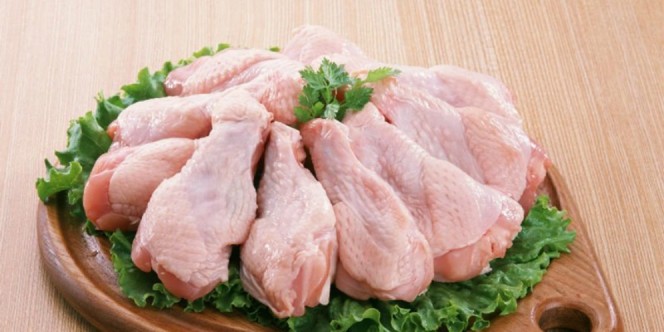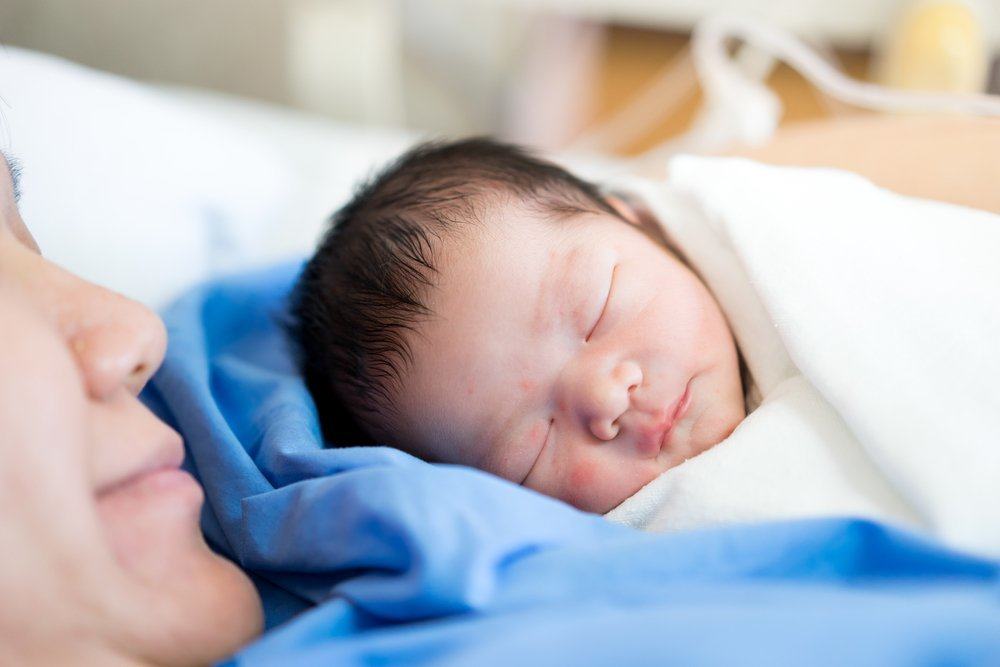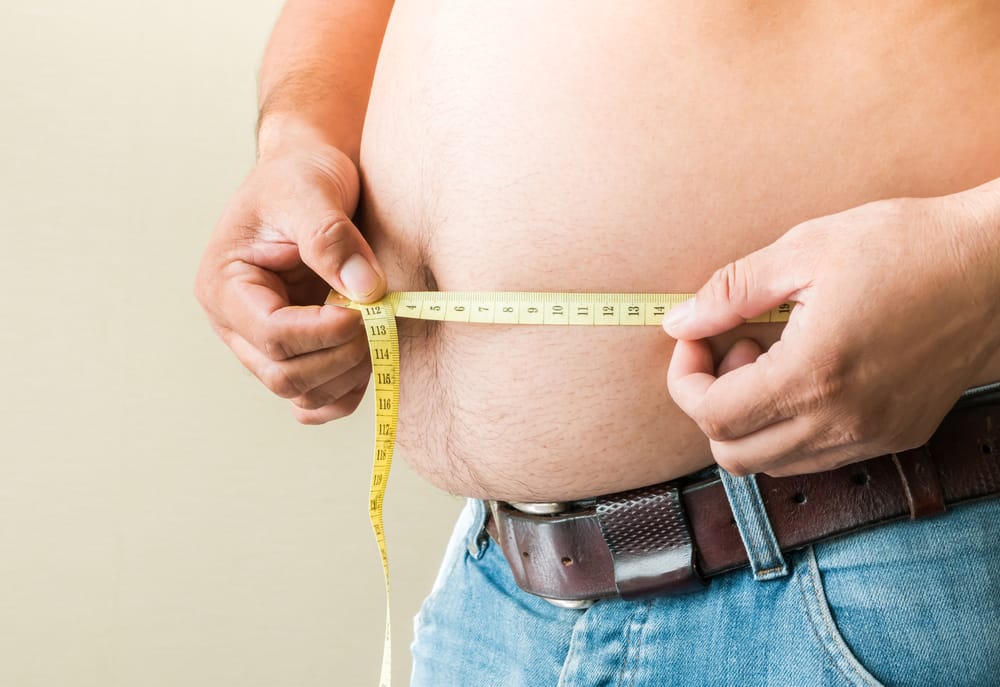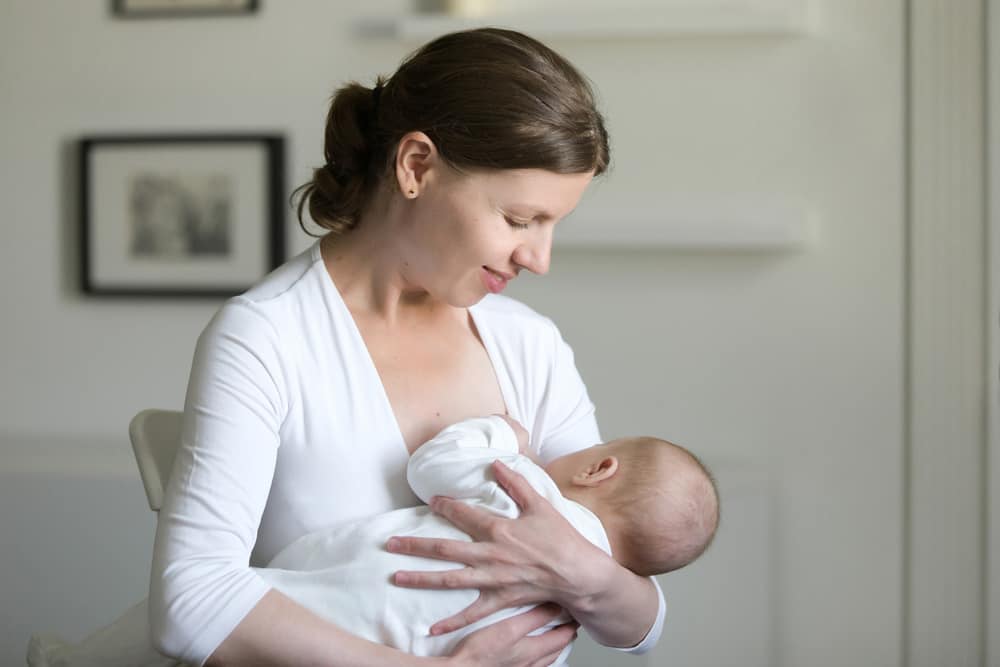Contents:
- Medical Video: What are Infant Distress Warning Signs?
- Is it normal for babies to sweat when they sleep at night?
- Then, how do I know if baby's sweat isn't fair?
- 1. Congenital heart problems
- 2. Hyperhidrosis
- 3. Sleep apnea
- 4. Sudden Infant Death Syndrome
Medical Video: What are Infant Distress Warning Signs?
Some babies sweat when they are asleep at night. Maybe some parents will feel worried about this. Actually, normal or not if your child sweats while sleeping? The following are signs of normal baby sweat during sleep and parents must watch out for.
Is it normal for babies to sweat when they sleep at night?
Babies sweating while sleeping is normal. Babies also sweat more easily than adults. There are a number of things that cause babies to easily sweat while sleeping.
First, the nervous system in the baby's body has not developed perfectly. This nervous system will help control body temperature. So this will affect the production of sweat.
The second cause is related to the sleep cycle. There are several stages of the sleep cycle, namely periods of drowsiness, periods of sleep with rapid eye movements, deep sleep, and very deep sleep.
Babies tend to experience the most restful stages of sleep. Well, usually people who are very well will tend to sweat more, even soaking wet. In addition, the baby's sleep time is longer than adults usually, making your baby more sweaty in his sleep.
Maybe you realize if your little head is often wet from sweat than other body parts. This happens because there are a number of sweat glands in the head, so when the baby feels hot, he will start sweating from the part of his head.
Then, how do I know if baby's sweat isn't fair?
Simply put, if you feel hot and sweaty, your baby should experience the same thing. But if you are in a cool room, then see your child always sweating even when you have changed his clothes with clothes that are thin or light, try to consult your pediatrician.
Sweat caused due to health conditions are usually accompanied by other signs such as acceleration of breathing, weight always decreases, and it is very difficult to eat.
In addition, if your baby often sweats profusely in the head accompanied by skin conditions that are drier than usual, then maybe the child has a weak kidney. You should immediately take him to the doctor if excessive sweating that occurs in your child accompanied by various types of these symptoms.
1. Congenital heart problems
In addition to babies sweating during sleep, if you find a baby sweating excessively during a simple activity that does not move much for example when sitting to eat, chances are it's time to make an appointment with your pediatrician. Because, this is one symptom of a congenital heart problem.
Congenital heart problems are caused by incomplete heart development during pregnancy. Babies who experience congenital heart problems have more sweat than other babies. Because the heart must work harder to pump blood efficiently.
2. Hyperhidrosis
If you find it even when in a cold air-conditioned room and the baby is still sweating profusely, this could be a sign of hyperhidrosis. Hyperhidrosis is a condition when the body sweats excessively from sweat which is supposed to maintain its normal body temperature.
This is not something that must be treated with certain drugs and tends to be harmless. But as we get older, children need good management of sweat to adjust their body condition to the environment.
3. Sleep apnea
Babies who experience sleep apnea will always sweat. Usually accompanied by symptoms of breath that suddenly stops for at least 20 seconds. Sleep apnea this more often affects premature babies.
If the baby is suffering from sleep apnea, another possible symptom is bluish skin color besides night sweats that occur throughout the night.
4. Sudden Infant Death Syndrome
SIDS is a diagnosis given when a child under one year dies suddenly with a definite cause that cannot be found.
SIDS can cause the baby's body condition to experience overheating namely excessive heat usually when sleeping at night. This condition makes the baby fall into the deepest sleep until it is difficult to wake up or has the possibility of being unable to be awakened again.

